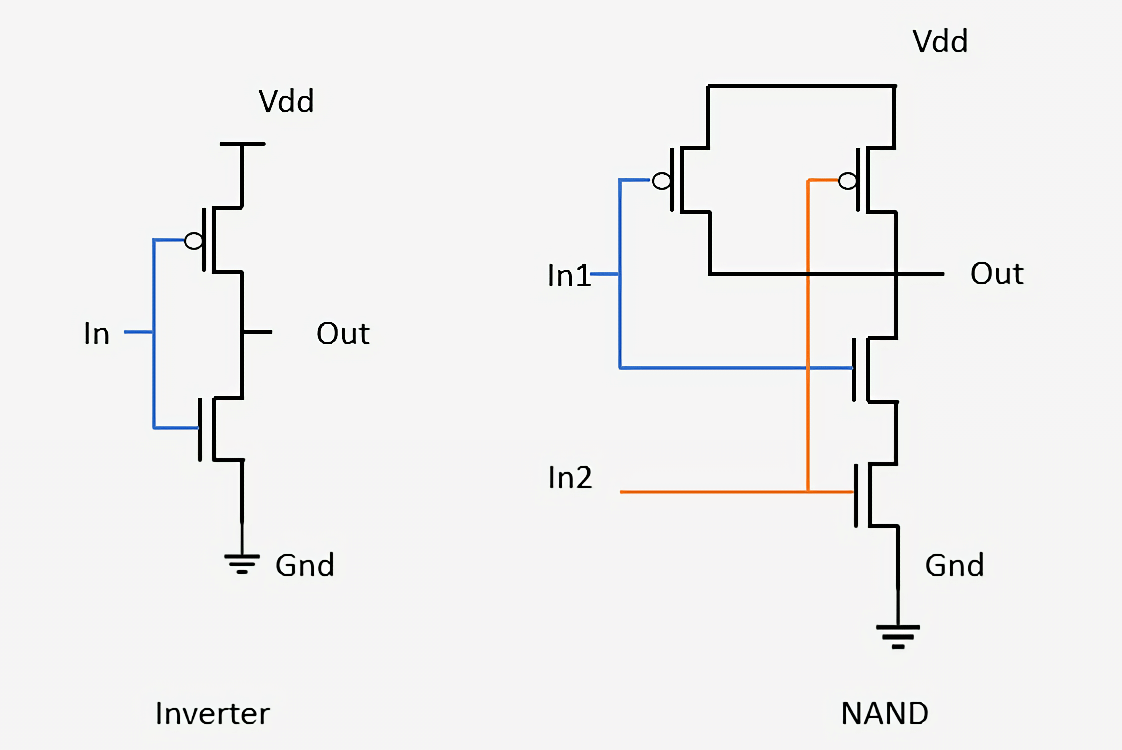I think I see what your saying. It is the very thin layer of difference that I see OS wise that bums me as far as what I can do with the pc. I like to control my pc and my sort of pc environment. I want it to be able to do stuff that I like, things that are important to me. That would make it more fun. I could list a bunch of other stuff but more to your point.
Mostly hardware wise it just doesn't seem no where near as fast for me as I expected it to be this far along. I want it to snap on instantly. Open and run stuff instantly. I mean I've been here almost from the beginning as a consumer. By now I expect it to move with real speed. Instead It seems like a million micro step build up back to the same 55 miles an hour.
Plus when I look at laptops and desktops in the stores. They look smaller and lower quality to me. Even the expensive ones turn me off for how thin and cheap they look and feel to me. I like the hardware and I guess I just feel the user experience should move like its from the 21st century since the 19th century is over.
I hear you. I mean it's 2019 and they promised me a flying car by now. But on the other hand its been impressive that they have kept moore's law going as long as they have. Although not ground-shifting in terms of new functionality as the original PC's were, there have been huge advances in the last 10 years. It may seem like they ahvebeen aaround for ever, but remember the first iPad came out in 2010. Functionally powerful tablets are not even 10 years old.
In roughly that same period raw processing power gives us voice recognition and dictation on smartphones. I am typing this on a Microsoft surface... a core i7 running full desktop OS at impressive speeds, and it's less than 2 lbs. It pretty much is a tablet. Raw processing power has given us some impressive AI and visual input processing for self-driving and driving assist in vehicles. Take a look what Boston Dynamics can build now in terms of human-like walking/balancing/lifting self-motivated robots... again, largely do to raw processing speed for the thousands of telemetry inputs required.
Yeah, in terms of what you do on your desktop, it looks like what we did 20 years ago... because that's what you do on a desktop. read news, write essays, watch some video. We just do it faster and easier and smaller now. But there is not going to be a "blow your hair back" new word processing feature that stems from hardware development. If it comes from anywhere, it's software. And I'd say there have been some pretty cool things in the personal assistant sphere in that regard. Raw horsepower just lets our OS do more in the background, at all times. I *like* the fact that Cortana notices when I say things like "I'll read that this week" in an email... and then reminds me a day later... "you told Steve you would "read that this week." ignore? complete? schedule? .... I like that I can just ask Alexa to set the house for "vacation" and walk out the door. Or ask her the eather or what's playing at local theaters tonight.
There are a ton of Quality Of Life advances the last 10-12 years of raw hardware power have been made possible. (not to mention all the routers, switches, and servers that the internet needs to make all the magic happen at the speed that it does... also courtesy of raw increases in CPU power) -- with smartphones, tablet sized laptops, Alexa/Google smart home features, smart cars, etc... we look a lot more like the Jetson's now than we did 12 years ago. Still no flying car... but soon a self-driving one.
